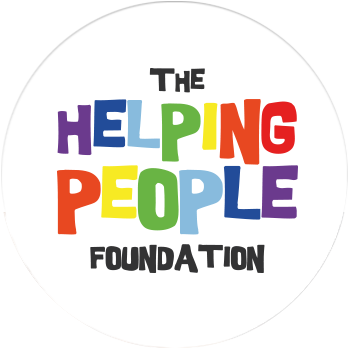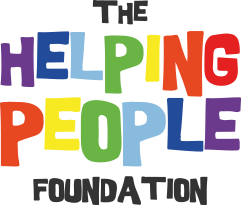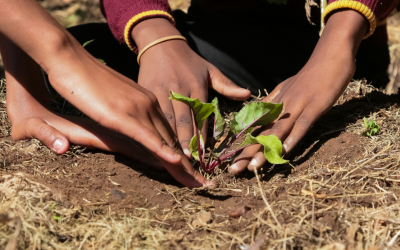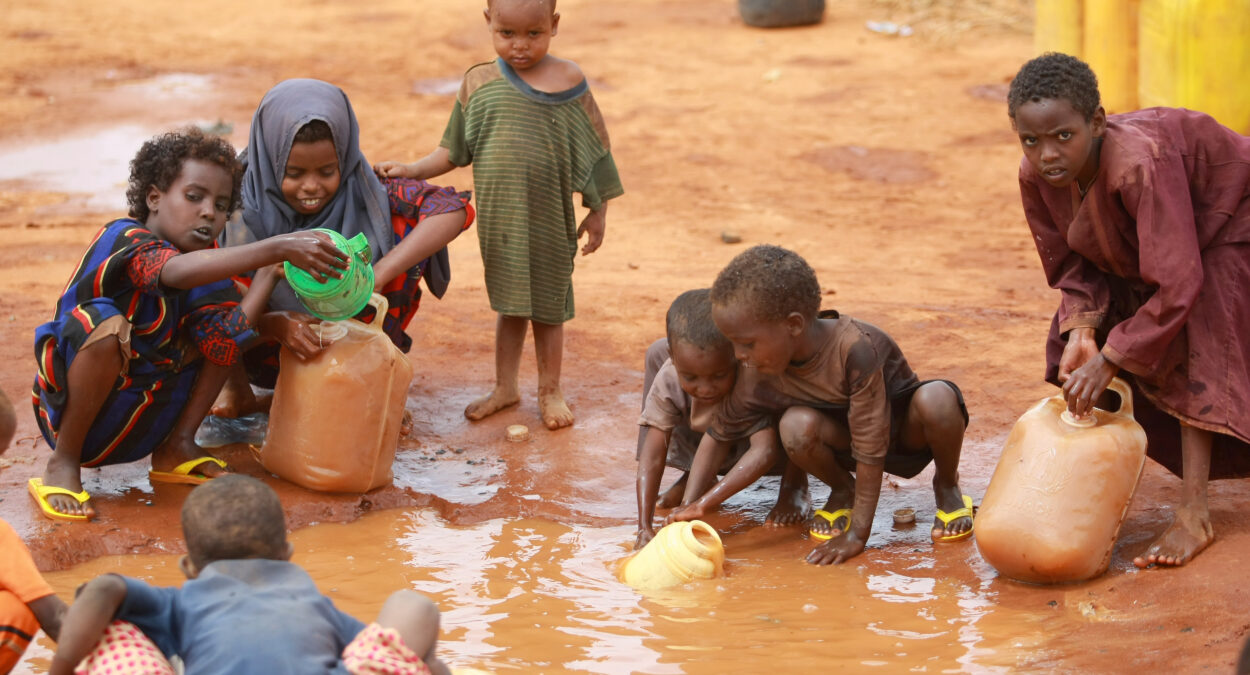CURRENT LIVING CONDITIONS IN NIGERIA
SCHOOL
According to the Nigerian Constitution, every child has a right to education (Section 18, Chapter II). But Section 6(6)(c) directly restricts the right to education. In other words: Nigeria's Supreme Court declared the rights enshrined in Chapter II to be discretionary. Although primary and lower secondary schools are free, most families cannot afford to send their children to school. Because they have to pay for their own transport, school uniforms, textbooks and lunch. In 2018, the Federal Ministry for Economic Affairs and Energy estimated the illiteracy rate of people over 15 years at 38%.In general, the Nigerian school system is organised centrally and is subject to the Ministry of Education. Primary school is 6 years, secondary school 3. These 9 years are part of the compulsory basic education. Depending on their final grades, the children can then attend further educational institutions.
MEDICINE
Nigeria's health system is underdeveloped. There are 0.5 hospital beds per 1,000 inhabitants. There are about 78,900 trained doctors working in the country. This means: In 2020, there were 0.38 doctors per 1,000 inhabitants. Due to the low level of supply, there is also a high mortality rate of known diseases. For example, around 17 % of all people with a diagnosed disease such as cancer, diabetes, cardiovascular disease or chylomicron retention disease (CRD) still die. In 2019, around 74.2 babies died out of every 1,000 live births, according to Statista. This makes Nigeria the country with the third highest infant mortality rate behind the Central African Republic and Sierra Leone. Besides trained professionals, the country also lacks technical equipment. While medical care was established in the urban areas, it was denied to the rural regions. In general, Nigeria spent only USD 83.8 per capita on health care in 2018, according to WHO.
Water
Although Nigeria may have large water reserves in general, the country is affected by water scarcity and many people do not have access to clean drinking water and sanitary facilities. According to WHO, only 41% of the population had access to sanitary facilities and only 77% to safe drinking water in 2020. The culprits are mismanagement in the water sector, dilapidated infrastructure and climate change. Even a national state of emergency had to be declared in 2018. The National Action Plan to revitalise Nigeria's WASH sector (NAP) was launched. Especially in rural areas, people often have to walk kilometres to reach a water point. These are also often soiled. Diseases such as diarrhoea, typhoid or cholera are the result. Due to the lack of vegetation, severe soil erosion occurs again and again, as a result of which the fertile arable soils are eroded and the rain can no longer seep into the eroded soils, which is why the groundwater level drops.
nutrition
One of the specialities of the Nigerian cuisine is "Suya", spicy little grilled skewers with liver and beef. Other popular dishes are air-dried grilled meats and "Egussi Soup", a stew with meat, fish and melon seeds. In general, the main ingredients for Nigerian food are peppers, yam roots, tomatoes, onions, pea, millet, maize, rice, potatoes and cassava. Goat meat, beef, poultry, as well as fish and seafood are popular. However, due to the increasing severity of climate change, droughts are also on the rise in the country. Consequently, the malnutrition rate is also increasing. For children under 5 years of age, it has already reached 40%. According to the World Hunger Index, Nigeria is ranked 103 out of 116 countries for 2021. Because of the tense situation, the state cannot avoid importing food. Around 4 billion US dollars are spent annually on rice alone.

Geography
The territorial state of Nigeria borders Benin to the west, Niger and Chad to the north, Cameroon to the east and the Gulf of Guinea to the south. The country's largest river is the Niger, which, at 4184 kilometres, is also the third longest river in Africa. It flows into the Gulf of Guinea west of the city of Port Harcourt in the so-called Niger Delta. At around 70,000 km², it is one of the largest river deltas in the world. Nigeria is just 380 metres above sea level. At 2419 metres, the highest elevation is the Chappal Waddi of the highland region in Taraba. Due to its location between 4 and 14 degrees north latitude, Nigeria is influenced by two climatic zones: the desert climate in the north of the country with a weak rainy season between April and October and periods of drought between November and March, and the tropical climate in the south with abundant rainfall between April and October. The relative humidity there is very high all year round. Especially between June and October, it is over 70%. In the south, temperatures reach around 30°C, while in the north they can rise above 50°C on some days. While in the south of Nigeria one still finds wet mangrove forests, the vegetation becomes increasingly sparse towards the north and ends with the briar savannah in the area of Lake Chad. Due to the enormous overexploitation by agriculture and palm oil plantations, about 80% of the former rainforest areas have been cleared in the meantime. This prompted the government to place the remaining stocks under nature conservation. Due to the destruction of natural habitats, but also because of poaching and ruthless hunting, the country's natural wildlife populations are almost extinct.

History
The former British colony only gained its independence on 01st October 1960. Traces of the former dominion can still be found today. Not only is the country's official language still English, but its name too is an English derivation of “Niger Area”.
In 1485, Portugal was the first Western European country to enter into a trading relationship with Nigeria. The slave trade, in particular, flourished. This is why Nigeria's coast was also called the “Slave Coast”. Soon Great Britain entered the slave trade and declared the port city of Lagos a crown colony in 1886. The new colonial power formed a trade monopoly. In doing so, it relied on indirect rule and made use of prevailing traditional power structures. In this way, they gained allies regardless of the sometimes prevailing hostility among the tribes. But this was the starting point of the subsequent civil wars and power conflicts at the end of the colonial era.
Since independence, the country has been marked by social conflicts and military coups. General Johnson Aguiyi-Ironsi's formation of 12 states on 27th May 1967 triggered the subsequent Biafra wars between the Christians of the Igbo tribe living in Biafra province and the Muslim Hausa-Fulani. Because the territorial reform meant that large oil deposits were no longer in the catchment area of the Igbo, who felt disadvantaged as a result. It is precisely the feeling of disadvantage among the individual tribes that is to blame for the recurring disputes. Some peace has seemed to return only since 1999 and a democratic state system could be formed. Meanwhile, the country is a federal republic with a presidential system of government. In the last presidential elections in February 2019, acting President Buhari and his All Progressives Congress party were re-elected for a second term. The next elections will take place in 2023.

Economics
Besides natural gas, oil is the most important raw material for the country. Most of the deliveries go to the USA and Europe. In 2019, this alone accounted for 92.8% of all export goods. Cocoa (1.6%), precious stones and metals (0.9%), oilseeds and oleaginous fruits (0.8%) and ores (0.5%) accounted for the remaining 7.2%. Despite the abundance of raw materials, the export ratio of goods and services was only 8.8% of the GDP in 2020.
Whereas the import ratio was 16.6%. Another major economic factor is agriculture. Here, cassava, peanuts, cocoa, oil palms and millet are the most important crops. However, although almost 60% of the country's population works in agriculture, its share in the gross domestic product was only 21.9% in 2019. This can be explained by the fact that agriculture serves to feed the country's own rapidly growing population. In the meantime, only rubber and cocoa play a role in global exports.
WHAT THREATENS THE PEOPLE OF THE COUNTRY?
Especially in the poor regions of the country, many people have to do without sufficient food, clean water and medical care. The situation is exacerbated by the consequences of climate change and the associated longer periods of drought and crop failure. Due to the lack of rainfall, Lake Chad, the most important source of water for the arid north, is drying up more and more. The terrorist militias are also exacerbating the hunger crisis. One example is Maiduguri, the capital of the northern state of Borno. Fleeing the Boko Haram from the north, people have settled here on the outskirts of the city. But this has not only doubled the number of inhabitants. Along with the rise in food prices, fear of the advancing terrorist group grew. As a result, many farmers have refrained from cultivating their fields, which further aggravates the food crisis.
“BOKO HARAM” TERRORIST GROUP
Since mid-2010, the Islamist terrorist group “Boko Haram” has been wreaking havoc in Nigeria. It is responsible for numerous bloody attacks. Their goals are the introduction of the Sharia law, the overthrow of the government and a ban on “Western” education. Muslims and Christians, who oppose the group, are murdered. In January 2021, the Nigerian terrorist organisation Ansaru (Vanguard for the Protection of Muslims in Sub-Saharan Africa) split from Boko Haram. They also advocate the introduction of the Sharia law. The Ansura group is mainly known for kidnappings.
Sources:
auswaertiges-amt. Nigeria; URL: https://www.auswaertiges-amt.de/de/aussenpolitik/laender/nigeria-node/nigeria/1602510 (as at: November 2017)
bmz. Bundesminesterium für wirtschaftliche Zusammenarbeit und Entwicklung; URL: https://www.bmz.de/de/laender/nigeria#:~:text=Im%20aktuellen%20Index%20der%20menschlichen,Platz%20161%20von%20189%20Staaten. (zuletzt aufgerufen am: 30.01.2022)
goruma. Nigeria: geography, map; URL: https://www.goruma.de/laender/afrika/nigeria/landkarte-geografie (last accessed 30.01.2022)



